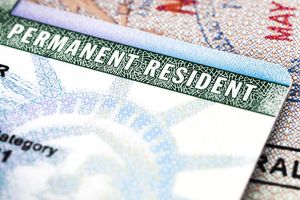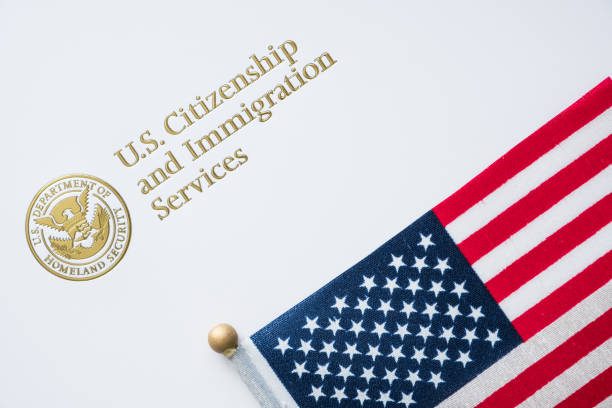Continuing our discussion of the sweeping changes which are being made and proposed for the H-1B visa program, we will now look at the Notice of Proposed Rulemaking published by the Department of Homeland Security (DHS) titled “Modification of Registration Requirement for Petitions Seeking To File Cap-Subject H-1B Petitions†on November 2, 2020. 85 Fed. Reg. at 69,236.
This proposed rule will drastically change the way in which the United States Citizenship and Immigration Services (USCIS) selects H-1B registrations under the annual H-1B statutory cap. By law, the number of new H-1B visas are capped at 85,000 per year. If more than 85,000 H-1B registrations are submitted in a given year—since 2015, the average number of H-1B applications each year has far exceeded 200,000—USCIS must have a system in place to select which 85,000 H-1B registrations will be adjudicated.
The current selection process used by USCIS is a random lottery which allows all timely- and properly-filed H-1B registrations an equal opportunity to be considered and adjudicated by USCIS, with a preference given to individuals holding advanced degrees (Master’s or higher). 20,000 of the 85,000 H-1B visas are reserved for individuals with advanced degrees, and registrations for such individuals are selected first, at random. Then, the remaining 65,000 H-1B registrations are selected at random from a pool that contains all other H-1B registrations submitted and any advanced degree registrations that were not previously selected.
The proposed change would replace the current random selection process with a new wage-based system that prioritizes H-1B registrations with the highest offered wages. Under this new system, USCIS would rank and select H-1B registrations by Wage Level.
There are four Wage Levels relevant to the H-1B visa process, in which higher wage rates correspond to positions requiring higher levels of experience, education, skills, and/or supervisory responsibility. Very generally, Wage Level I is for Entry-Level employees, Wage Level II is for Qualified employees, Wage Level III is for Experienced employees, and Wage Level IV is for Fully Competent employees.
Under the proposed rule, USCIS would first select H-1B registrations filed for positions with an offered wage at Wage Level IV. Then, USCIS would select any Wage Level III registrations, followed by any Wage Level II registrations and, finally, any Wage Level I registrations.
From previous years’ data, USCIS has projected that all Wage Level IV and Wage Level III registrations would be selected under this new system, that 75% of all Wage Level II registrations would be selected, and that no submitted Wage Level I registration would be selected. DHS Proposed Rule, 85 Fed. Reg. at 69,254.
This rule—coupled with a recent Interim Final Rule published by the Department of Labor on October 8, 2020 considerably increasing the wage rates for each Wage Level—clearly evinces a singular focus on high-salaried workers with considerable experience, a focus which is not apparent in the statute creating the H-1B visa program.
This focus on high salaries and considerable experience will likely have a detrimental effect on international students (and the U.S. employers who wish to hire them) who have come to the United States to gain specialized knowledge and plan to apply that specialized knowledge in the U.S. to the benefit of the U.S. economy. Additionally, many U.S. employers who need to hire individuals with particular specialized knowledge for lower- or mid-level positions will be limited in their ability to utilize the H-1B visa program to fill those positions with qualified candidates.
At the time of posting, DHS is still accepting comments on this proposed rule, which it will take into consideration before it can publish a final rule implementing these changes.
Tidwell, Swaim & Farquhar provides Employment Services regarding H-1B Specialty Occupation and Level I wage issues. Click here to find out more.
Alex Farquhar
Associate Attorney- Dallas, TX
Tidwell, Swaim & Farquhar



